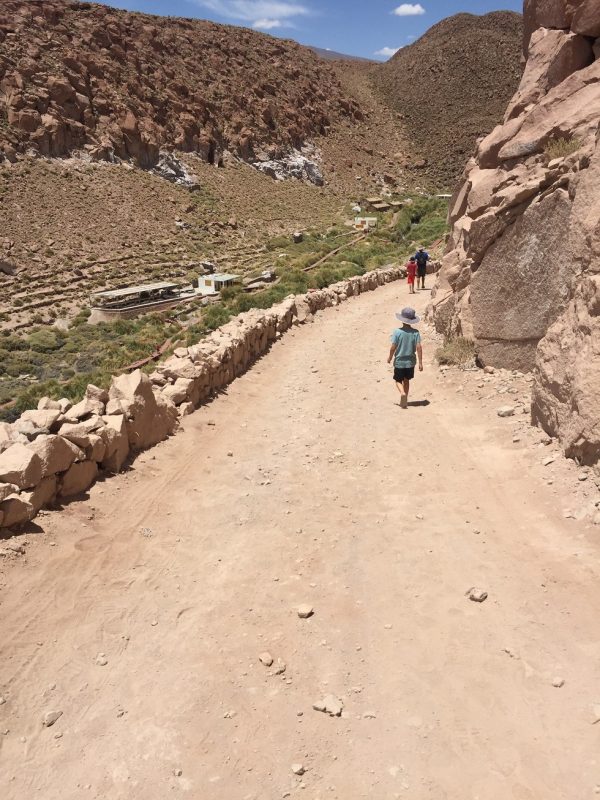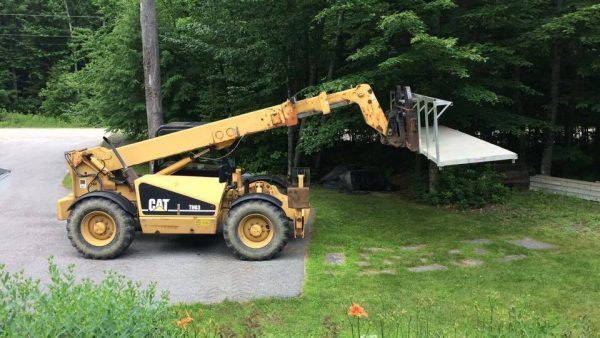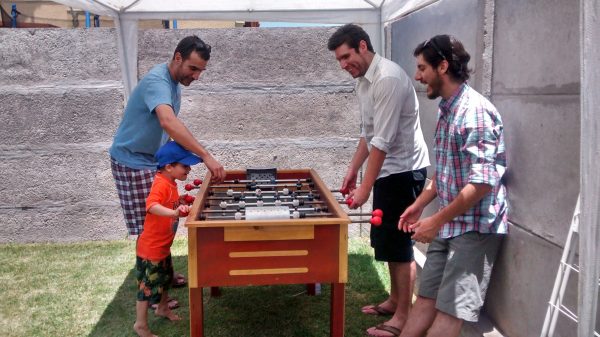Have you ever dreamed of having the freedom to live wherever you’d like? Have you thought about moving to a warmer/cheaper/bigger/smaller town or city? Have you dreamed of being able to travel for longer than two weeks a year with your entire family?
Our family is pursuing a dream to become location independent, in order to be able to be closer to our families who live on two different continents, enjoy warmer weather than we currently do in New Hampshire, and travel for longer stretches of time.
For the last year and a half, we’ve been exploring ways to make that dream come true. We’re investigating overseas employment options. We’re saving and investing in order to double our net worth. We’re looking into non-traditional work arrangements.
What is location independence?
Location independence is a term used to describe a lifestyle in which you’re not tied to one location. You are free to travel for long stretches of time, if you so desire. You’re not tied to a place because of your job. You don’t have work obligations that mean you need to report to an office each day. You may live in one city, but you’re free to choose that city. You’re able to practice geographical arbitrage, and live in a region of your country or the world that costs less.
It’s generally a term that’s used when people are still working, and haven’t yet reached financial independence, but because of the way they’ve structured their lives, they’re able to work from anywhere, or almost anywhere. Location independence for families is building a lifestyle where your entire family can come with you. Whether you’re a family of 2, 5, or 25, location independence can work for a family, but extra planning IS required. Continue reading “Your Complete Guide to Location Independence for Families”











